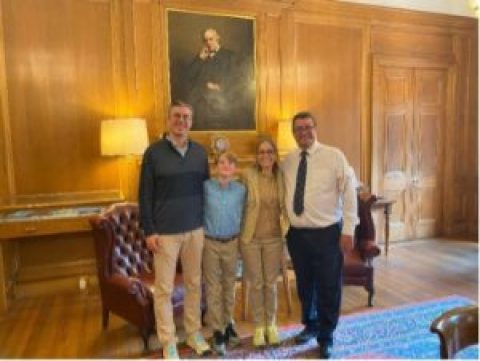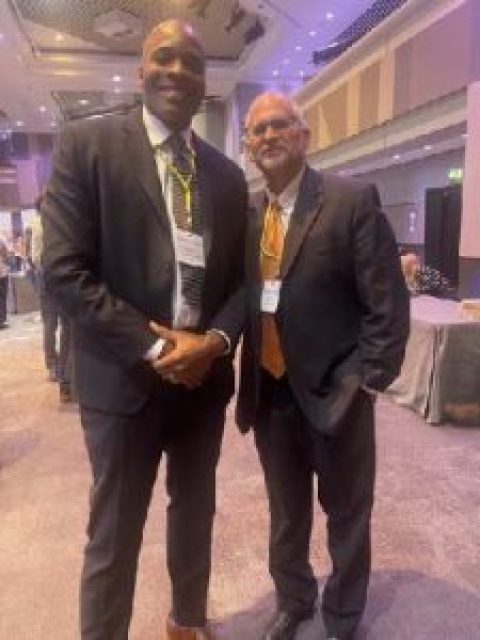Vassiliki Liana Tsikitis MD MCR MBA 2022 James IV Travelling Fellow I am deeply grateful for the privilege of...
Archive for category: US Travellers
It is an honor and privilege to have received the James IV Travelling Fellowship award. Because of the COVID-19...
James IV traveling fellowship 2022-23 Dung Nguyen April 2022 CANADA Mcmaster university & hamilton health sciences The COVID19 pandemic...
Jin He, MD, PhD, FACS Chief, Division of HPB Surgery Paul K. Neumann Professorship in Pancreatic Surgery Associate Professor...



